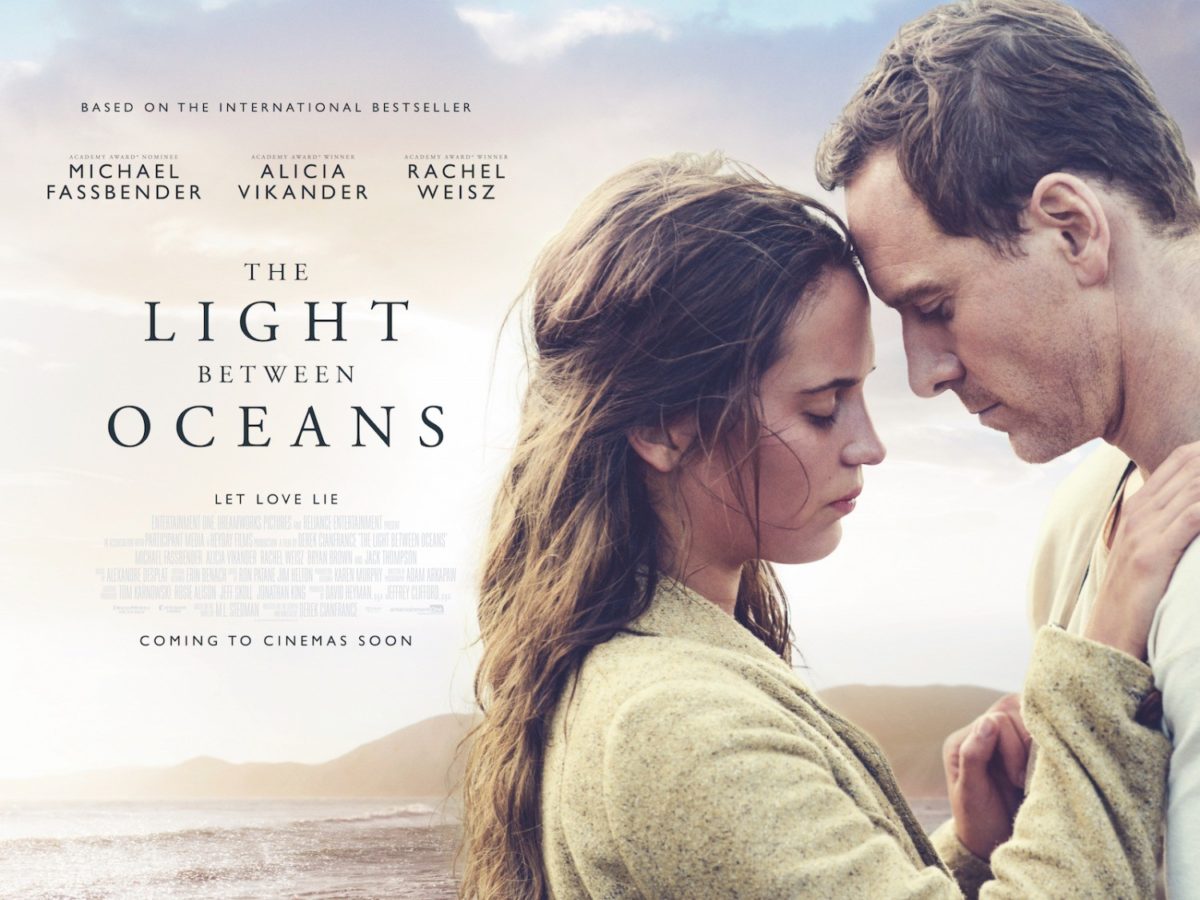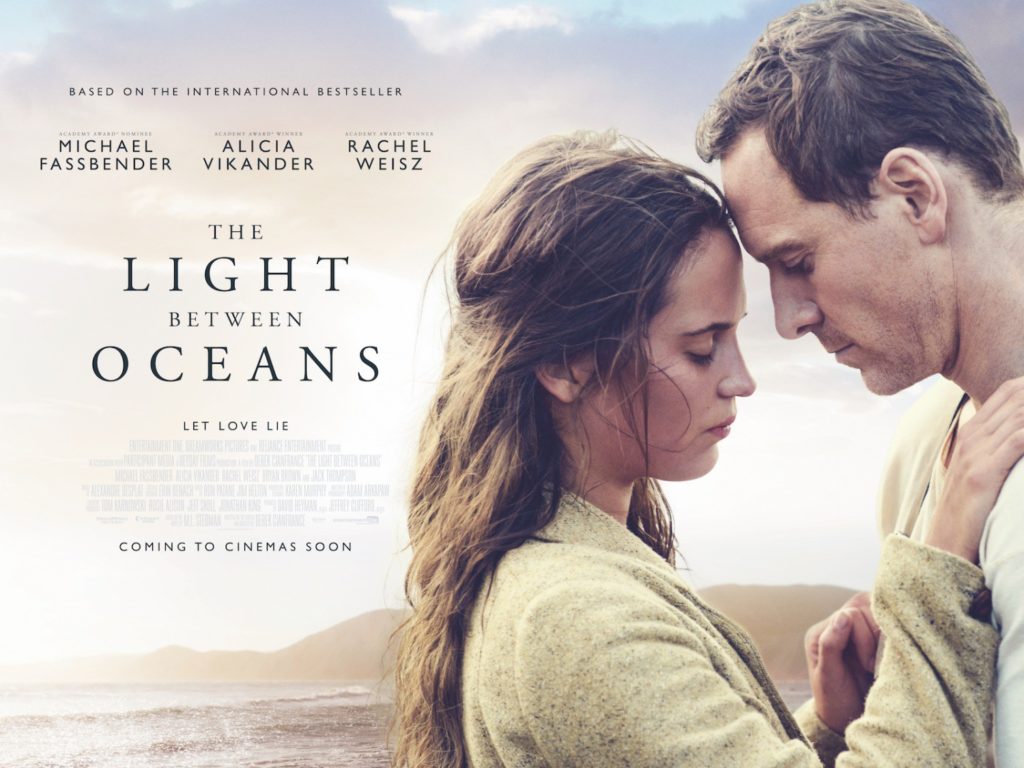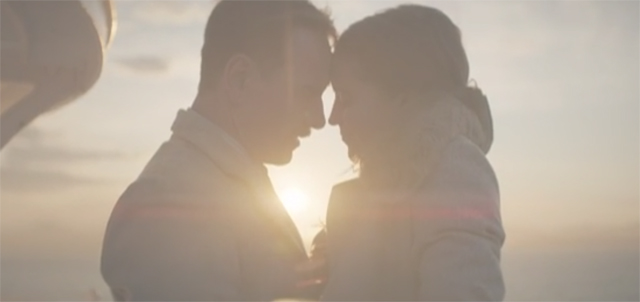Director: Derek Cianfrance
Starring: Michael Fassbender, Alicia Vikander, Rachel Weisz, Caren Pistorius, Emily Barclay, Anthony Hayes
Rating: 12A
Running Time: 133 Minutes
Release Date: 01/11/16
A couple living in a remote island lighthouse discover a baby washed up in a boat on the shore and choose to raise it as their own.
Based on the novel by M. L. Steadman, THE LIGHT BETWEEN OCEANS is an occasionally powerful, yet baggy drama that survives on its fantastic central performances.
The subject matter was always going to be a tough sell, with a deft hand to make sure it doesn’t become too mawkish. Whilst Cianfrance does a good job of keeping the material on the right side of emotionally balanced, it does, however, come across as a little contrived.
There’re a few too many instances of people just happening to come across vital information and by the final act, there’s a muddled back and forth that keeps you more on edge than guessing.
It’s a movie that spends its time in building its characters but in doing so sacrifices its concise storytelling. The beginning is long, even before the baby has been found and it only makes the ending more unbearable as you expect the story to be over 30 minutes before it should.
The ending is a little too pretentious for its own good and there’s little nuance to the unspooling narrative. You’re left guessing until the end about the outcome and I appreciate the time given to Rachel Weisz’s bereaved mother, but I wish more could’ve been done to tighten the story.
Luckily the performances really bolster things up. Michael Fassbender is great, especially when he’s just bumbling about on his little island. Yet the real standouts here go to the women, Alicia Vikander and Rachel Weisz.
Both give career best performances as two grieving mothers who have gone through some of the worst emotional turmoil it’s possible to go through. They really anchor the film and it’s in the scenes where you contemplate your own reaction to these events that you genuinely empathise with their characters.
As the third act rolls around and the inevitable emotional fallout approaches you do feel a tightening of the gut and it’s Vikander who sells the heartache. Also, scenes in the middle of the film in which she suffers a tragic illness are played with raw ferocity.
The film itself is standard awards season bait, but Vikander deserves at least a nomination for her performance.
There may be a bit of an old fashioned feel to the portrayal of women here and the film doesn’t go very far into making it feel like its a problem of the time and not the film. However, despite the focus on Fassbender, the film belongs to the powerhouses of Weisz and Vikander.
Elsewhere, the music (from Alexander Desplat) is routinely sweeping even if it may bleed into the background. And the direction and cinematography (Cianfrance and Adam Arkapaw) really capture the warm glow of the postwar period.
The mood and atmosphere of the time and the central location (Dunedin, Port Chalmers in New Zealand) is extremely evocative and they’re wonderful shots of the rolling waves against the backdrop of a sunset.
In the end, whilst the emotional performances and lovely style do keep your attention for most of its running time, in the end, a lot could be said for a tighter running time.
Verdict































